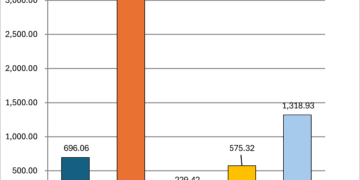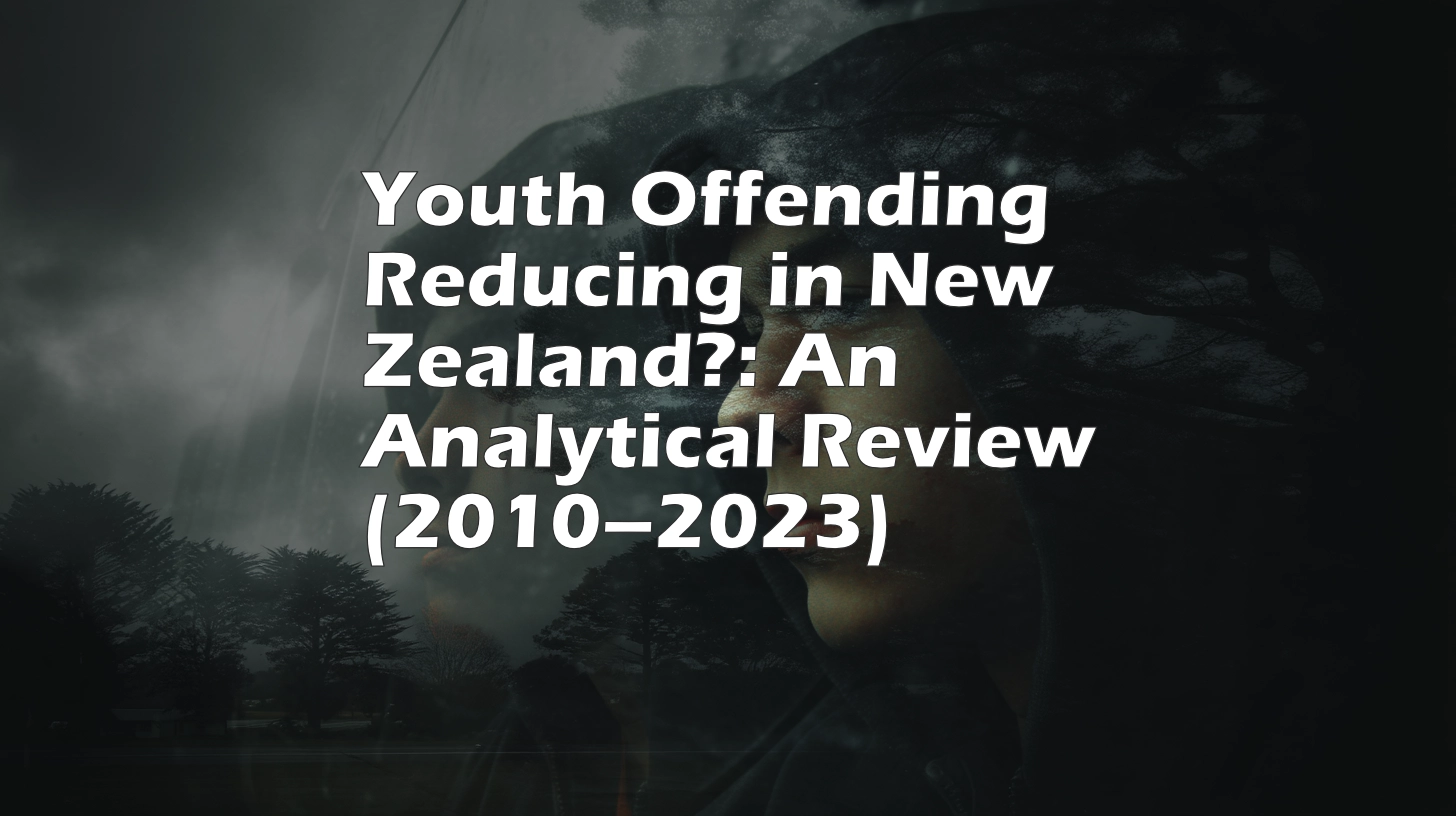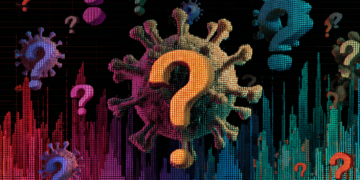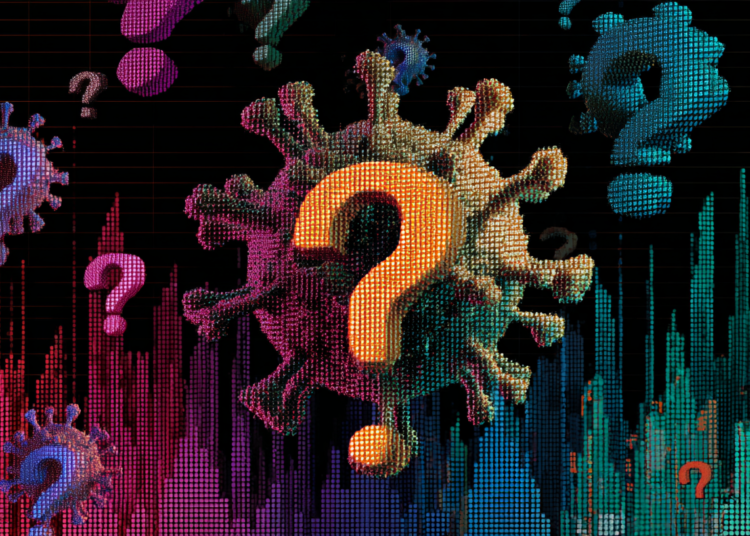On the 24th of September 2025, the White House dropped the information that Tylenol/Paracetamol (Acetaminophren) use in pregnancy had been linked to Autism.
“Taking Tylenol is not good,” the President said. “They are strongly recommending that women limit Tylenol use during pregnancy unless medically necessary. That’s, for instance, in cases of extremely high fever that you feel you can’t tough it out.”
This was based on evidence from a number of studies, from Harvard to Mt Sinai.
Of course, the Pharma Complex denied any issues.. despite the manufacturer stating in 2016 to seek medical professional advice before using Tylenol or any other medication, and in 2017 that they do not recommend using any of their products while pregnant.
Also in 2017, in response to somebody saying that Tylenol was Pregnancy Safe, they replied to say to make sure to talk to your doctor before taking Tylenol while pregnant.

In 2019, they admitted they hadn’t yet tested it in pregnancy.
Johns Hopkins were warning about it in 2019.
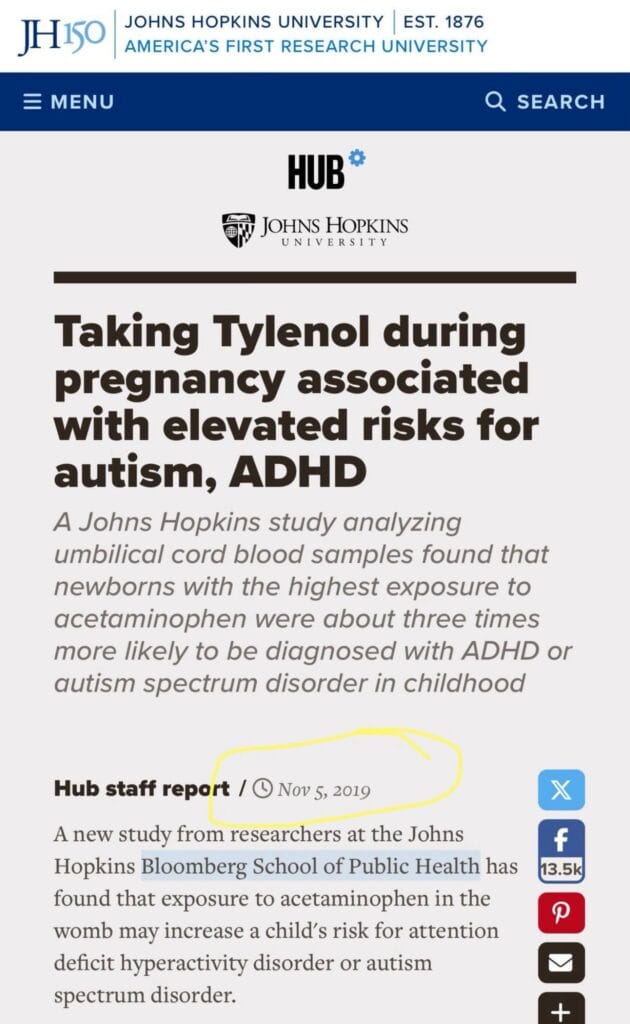
Our own Health Minister, Simeon Brown, says to ignore Trump, as reported in the NZ Herald.
“My advice is: follow Health New Zealand’s advice”.
“I think their website says paracetamol is a safe medicine to use. If anyone has any questions, they should always talk to a health professional.”
Health NZ’s advice on its website says:
“it is important to take [paracetamol] at the recommended dose so the medicine works well and does not cause unwanted effects”.
“Taking more than the recommended dose can be dangerous and can cause permanent damage to your liver.”
So. “What is it? What’s the big deal?”
1. What acetaminophen (paracetamol) is and what it does
It’s a pain reliever and fever reducer.
Unlike aspirin or ibuprofen, it doesn’t irritate the stomach much and doesn’t affect bleeding.
It works mainly in the brain and spinal cord, by blocking enzymes (cyclooxygenases) involved in making prostaglandins. Prostaglandins help transmit pain signals and regulate temperature, so lowering them reduces pain and fever
2. Why it’s widely used in pregnancy
It’s long been considered the safest option for pregnant women because other painkillers (like ibuprofen or aspirin) have clearer risks, such as miscarriage, heart defects, or complications later in pregnancy.
Because of that reputation, more than half of pregnant women worldwide use acetaminophen, sometimes for weeks at a time
3. What the research now shows about risks
The new analyses looked at dozens of studies from around the world (46 in one major review, plus biomarker studies with umbilical cord blood).
The key concern: children whose mothers used acetaminophen in pregnancy were more likely to later be diagnosed with conditions like ADHD or autism spectrum disorder (ASD).
In the Boston Birth Cohort, children with the highest levels of acetaminophen metabolites in cord blood had about 2-3 times higher odds of ADHD or ASD compared with those in the lowest levels.
Most high-quality studies showed this pattern, though a few found no effect or even protective associations. The balance of evidence leaned toward a real increased risk
The suspected reasons: acetaminophen may affect hormone signaling (like testosterone important for brain development), or directly stress developing neurons.
4. Possible complications for mother/child
For the mother: Acetaminophen itself is generally safe when used at normal doses, but overdose can damage the liver.
For the child: The main concern is neurodevelopment – how the baby’s brain grows and organizes. Studies suggest prenatal exposure may:
Increase the chance of ADHD (attention difficulties, hyperactivity, impulsivity).
Increase the chance of ASD (challenges with communication and social interaction).
Possibly affect other developmental processes like learning and behavior.
Mechanisms being studied:
Acetaminophen crosses the placenta and reaches the baby’s bloodstream.
Lab work suggests it can affect brain cell growth, hormone systems (like testosterone), and pathways important for learning and memory
5. What experts currently say
Professional bodies (like the FDA and American Academy of Pediatrics) have not issued a ban but now advise pregnant women and their doctors to carefully weigh benefits vs risks.
The safest approach is: use only when really needed, at the lowest effective dose, for the shortest possible time.
✅ In short: Acetaminophen is meant to lower pain and fever. It does this by blocking chemical signals in the brain. In pregnancy, it’s long been the go-to drug because other painkillers are riskier.
But mounting evidence shows that frequent or long use during pregnancy may slightly raise the risk of ADHD or autism in children. The risk is not absolute, but enough that experts now suggest caution.









